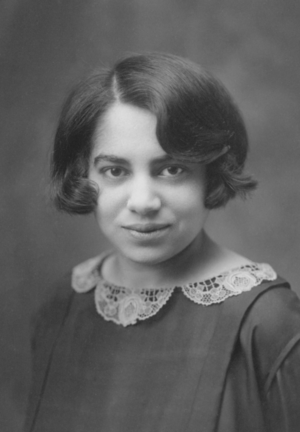“I REMEMBER WHEN MY MOTHER AND I WENT TO FIND MY FATHER AT WORK TO GET THE KEYS TO OUR HOME AS THE DOOR HAD SLAMMED SHUT ON US. WE WALKED THROUGH BEAUTIFUL COUNTRYSIDE (GREEN GRASS, FLOWERING BUSHES, A LIGHT BLUE SKY). SUDDENLY I ASKED MY MOTHER: MUMMY, WHERE DID I COME FROM? SHE ANSWERED: I FOUND YOU UNDER A ROSE BUSH. THERE WAS SUCH BEAUTY AROUND US THAT I BELIEVED HER (THIS WAS IN BELGIUM, IN ANTWERP).”
Apparently we were imprisoned as non-Aryan people (I don’t know exactly why). We were first of all kept in the Gestapo prison, then in Mechelen concentration camp in Belgium. Then they divided us: all the men and adolescent boys were sent to Buchenwald, women with children to Ravensbrück. I only saw my mother in the camp once, thanks to a Belgian woman, Claire van den Boom. My mother did not return from Ravensbrück, she was burned in the furnaces of the concentration camp crematorium. They took everything from her, she doesn’t even have a grave. My father, however, survived, and I found him in Brazil, in Sao Paulo. From him I learned only the little that I did not remember from my early childhood, for 20 years had passed.
I cannot say what Ravensbrück would have meant to my mother. But Ravensbrück affected my life as the most terrible weapon that deprived me of what was dearest to me and what I loved most. I was orphaned before I reached the age of five. If I remember correctly, I always lived in the hope of finding my father. And if it hadn’t been for the women at Ravensbrück, I would never have found him. And I would never have understood what the sacrificial love of people who had survived hell is. And for us Ravensbrück was what connected us and what turned those of us who survived into friends. This love is the greatest value in the world that exists to the end, to the last hour of life.
Stella Nikiforova (Kugelman)
Russia
Roza Kugelman’s daughter
